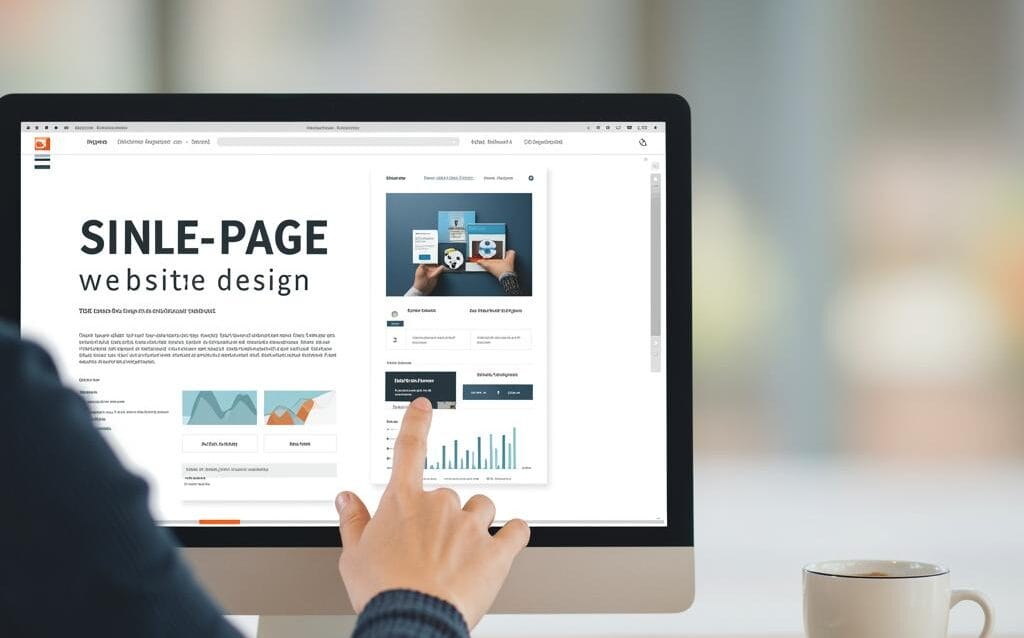Single Page Websites: Pros, Cons & Best Practices
Single Page Websites: A Comprehensive Look at the Pros and Cons
Single page websites (SPWs) have become increasingly popular in recent years, offering a streamlined and modern approach to web design. But are they right for every business or project? This post delves into the advantages and disadvantages of SPWs to help you make an informed decision.
Pros of Single Page Websites
Enhanced User Experience
SPWs excel in providing a seamless and intuitive user experience. With all content accessible on a single page, users can navigate effortlessly through smooth scrolling and transitions, eliminating the need for page reloads. This creates a more engaging and fluid browsing experience, particularly well-suited for storytelling or showcasing a specific product or service.
Improved Mobile Friendliness
The linear structure of SPWs translates exceptionally well to mobile devices. The continuous scrolling design aligns perfectly with the way users interact with content on their smartphones and tablets. This inherent mobile-friendliness contributes to a better user experience and improved search engine rankings.
Faster Loading Speeds
Since all content resides on one page, SPWs generally load faster than traditional multi-page websites. This improved loading speed reduces bounce rates, enhances user satisfaction, and contributes to better SEO performance.
Cost-Effective Development
Developing a single-page website can often be more cost-effective than building a multi-page site. The streamlined design requires less development time and resources, making it an attractive option for businesses with limited budgets.
Cons of Single Page Websites
SEO Challenges
While SPWs can perform well in search engine rankings, they present certain SEO challenges. Optimizing a single page for multiple keywords can be complex, and it can be difficult to rank for a wide range of search terms. Careful keyword research and strategic content planning are crucial for SPW SEO success.
Limited Scalability
As your business grows and your content expands, a single-page website can become cluttered and difficult to manage. Adding extensive content can negatively impact loading speed and user experience. SPWs are best suited for projects with a defined scope and limited content.
Not Ideal for E-commerce
While some simple e-commerce functionalities can be integrated, SPWs are generally not suitable for large online stores. The single-page structure doesn’t lend itself well to complex product catalogs, filtering options, and checkout processes.
Security Concerns
Since all content is loaded at once, vulnerabilities in any part of the website’s code can potentially compromise the entire site. Robust security measures are essential for SPWs.
When to Consider a Single Page Website
SPWs are a great choice for:
- Portfolios and resumes
- Product landing pages
- Event websites
- Simple brochures or presentations
- Startups with limited content
When to Avoid a Single Page Website
Avoid SPWs if you require:
- Extensive content or a blog
- Complex navigation
- E-commerce functionality
- Multiple calls to action
Conclusion
Single page websites offer a sleek and modern approach to web design, providing numerous advantages in terms of user experience, mobile-friendliness, and development costs. However, they are not a one-size-fits-all solution. Carefully weigh the pros and cons outlined above to determine if a SPW is the right choice for your specific project or business needs. Understanding the limitations and potential challenges will help you make an informed decision and ensure your website effectively serves its intended purpose.

